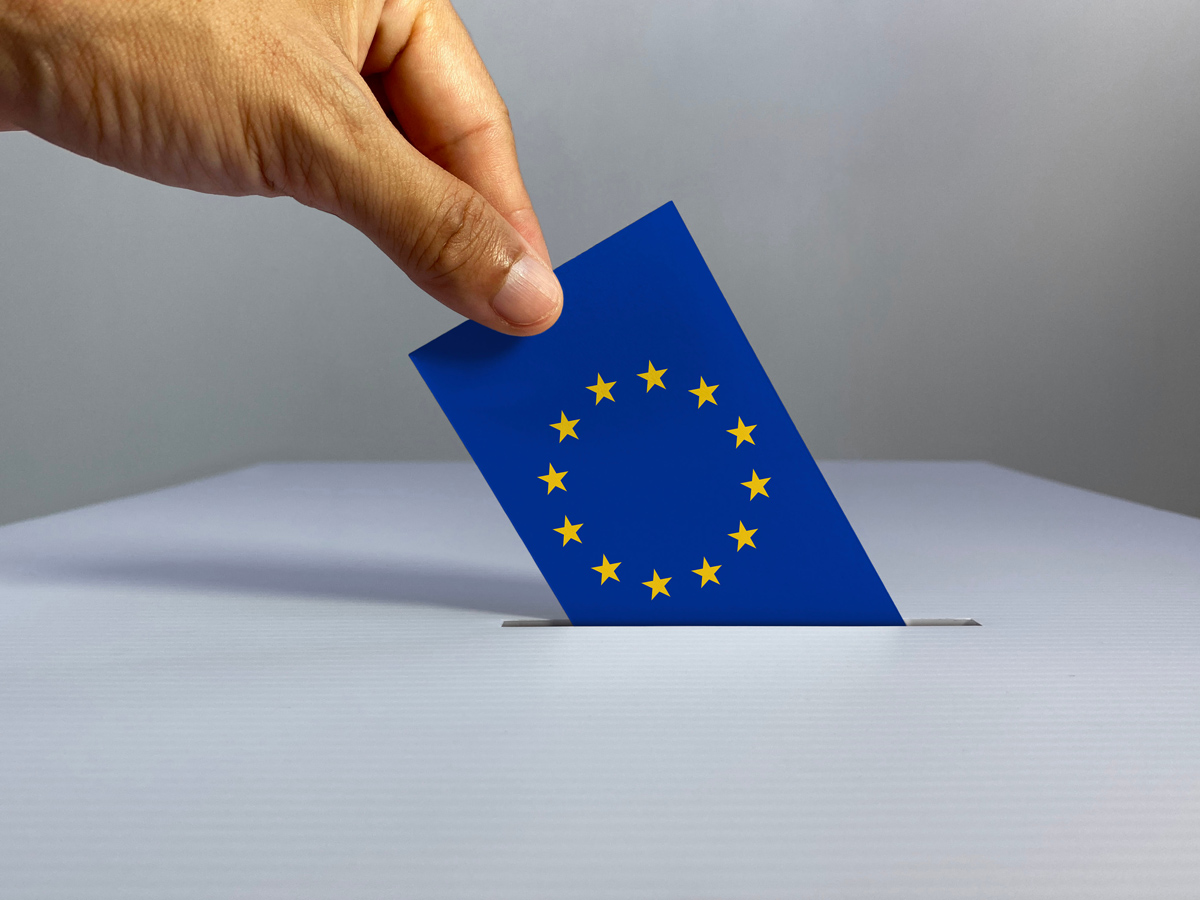Democracy and Participation: The Cornerstones of a Just Society
November 12by Katerina Panagi
Democracy and participation are two essential pillars of a just and equitable society. In the modern world, democracy has become the predominant form of government, with its principles deeply rooted in the belief that people have the right to govern themselves and participate in the decision-making processes that affect their lives.
This article explores the concepts of democracy and participation, their interplay, and their significance in shaping societies and fostering individual empowerment. Boosting cultural participation could be encouraged through existing European Union (EU) actions for civic engagement and participation in the EU, such as the Citizens, Equality, Rights and Values programme.
Democracy: A Foundation of Participation
Democracy is a political system where the power to govern and make decisions is vested in the hands of the people or their elected representatives. At its core, democracy ensures that citizens have a say in the laws, policies, and governance of their country. It is built on the principles of equality, accountability, and the protection of individual rights.
The key elements of a democratic system include free and fair elections, the rule of law, respect for human rights, and a vibrant civil society. ‘In a healthy and thriving democracy, citizens can freely express their views, choose their political leaders, and have a say about their future’ (European Democracy Action Plan. (2021, November 25). European Commission).
Participation, on the other hand, refers to the active engagement of individuals and groups in the democratic process. It is the manifestation of the fundamental rights and responsibilities that come with living in a democratic society. Participation takes various forms, including voting, civic activism, public debate, and involvement in decision-making processes at various levels of government.
The Importance of Participation in Democracy
- Empowerment: Participation is the embodiment of empowerment. When individuals actively participate in their society, they become informed and engaged citizens. They gain a sense of agency and the belief that their actions can influence the direction of their nation.
- Accountability: Active participation is a potent tool for holding those in power accountable. In a democracy, elected officials are responsible to the people who elected them. Citizens’ engagement through voting, monitoring, and advocacy ensures that elected representatives fulfil their duties faithfully.
- Diversity of Perspectives: Democracy thrives on diversity and inclusivity. Participation ensures that a broad spectrum of opinions and experiences are considered in the decision-making process. This diversity contributes to more well-rounded policies that address the needs of a wider range of people.
- Conflict Resolution: In societies with high levels of participation, conflicts are often resolved through peaceful dialogue and negotiation rather than violence. The act of engaging in dialogue fosters understanding and consensus-building, preventing the escalation of tensions.
- Social Cohesion: Participation helps build a sense of social cohesion, as citizens come together to work on common goals and share in the collective responsibility of governance. This sense of unity can lead to increased social stability and harmony.
Have your say
- The Have your say portal gives you the opportunity to shape EU policies by contributing to the EU’s consultations on planned initiatives.
- Share your ideas with the Fit for Future platform to help cut red tape and make existing EU laws simpler and fitter for the future.
- Meet face-to-face with EU representatives to discuss subjects you are interested in by attending citizens’ dialogue events, held regularly around the EU.
European Citizens’ Initiative
Help set the EU policymaking agenda by taking part in the European Citizens’ Initiative. This allows you to ask the European Commission to prepare legislation on an issue that matters to you and which falls within its powers. You will need to demonstrate that there is widespread support for your initiative.
Once an initiative has reached one million signatures and the minimum thresholds in seven EU countries, the Commission will decide what action to take, if any.
Challenges to Participation in Democracy
While participation is a fundamental component of democracy, there are challenges that can hinder its realisation:
- Barriers to Access: Socioeconomic disparities can limit access to participation. Factors such as income, education, and geographical location can create disparities in the ability to engage in the democratic process.
- Apathy and Disengagement: Voter apathy and political disengagement are common in many democracies. These can be the result of a perceived lack of impact, disillusionment with politics, or misinformation.
- Lack of Information: An informed citizenry is crucial for effective participation. The dissemination of accurate, unbiased information is essential, and the presence of misinformation can undermine participation.
- Political Polarization: Extreme political polarization can create a toxic atmosphere in which individuals are discouraged from participating. The focus on partisanship over cooperation can be detrimental to the democratic process.
- Suppression of Participation: In some cases, governments or powerful groups may attempt to suppress participation through tactics like voter suppression, censorship, or intimidation.
Democracy and participation are intertwined concepts that form the bedrock of a just and thriving society. Democracy provides the framework, and participation ensures the active engagement of citizens in shaping their collective destiny. It is a dynamic relationship that requires continuous effort to overcome challenges and promote a culture of active citizenship. As we move forward, it is essential to uphold these principles, fostering a society where every voice is heard and every individual has the opportunity to contribute to a more just and equitable world.






